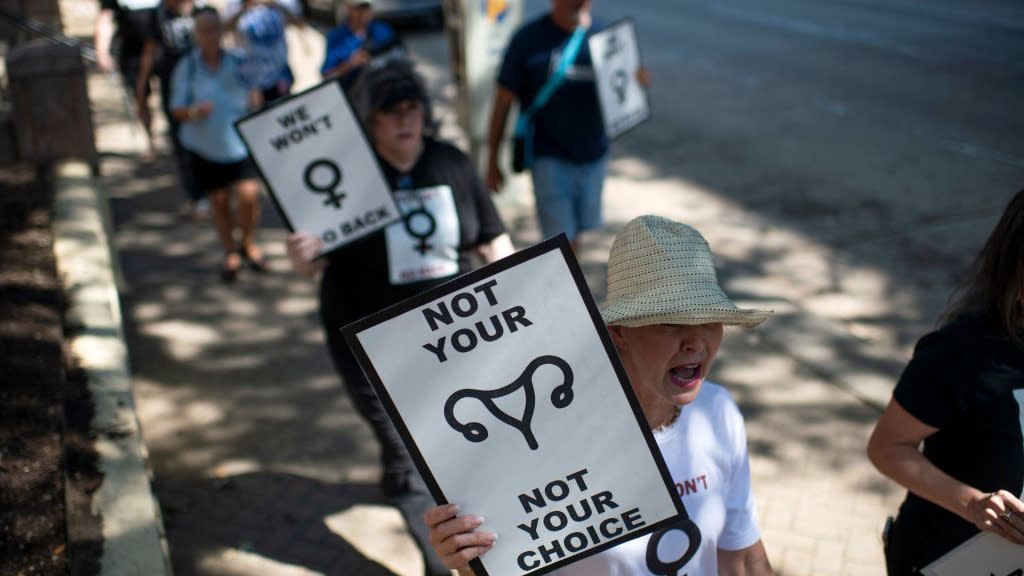Texas judge approves abortion of nonviable fetus, drawing threat from Texas attorney general

A Texas district judge on Thursday issued an emergency order authorizing a Dallas mother of two to obtain an abortion, ruling she qualified under a narrow exception to the state's near-total abortion ban. It is believed to be the first court-approved abortion since the Supreme Court struck down Roe v. Wade in 2022 and, The Texas Tribune reported, the first time in 50 years "a judge has intervened to allow an adult woman to terminate her pregnancy."
Kate Cox, 31, applied for emergency intervention on Tuesday after learning her 20-week fetus has trisomy 18, a chromosomal condition that almost always results in miscarriage, stillbirth or death soon after birth. Her doctors said continuing the nonviable pregnancy also threatened her own health and could force a hysterectomy, preventing future pregnancies.
“The court finds that Ms. Cox's life, health and fertility are currently at serious risk," Travis County District Judge Maya Guerra Gamble said upon approving a 14-day temporary restraining order. "The idea that Ms. Cox wants desperately to be a parent and this law might actually cause her to lose that ability is shocking and would be a genuine miscarriage of justice."
Gamble's order shields Cox's health care providers from prosecution under Texas law, which threatens doctors who perform abortions with steep fines and up to 99 years in prison.
Texas Attorney General Ken Paxton warned a trio of Houston hospitals Thursday night that Gamble's order "will not insulate you, or anyone else," from civil or criminal prosecution, and will expire "long before the statute of limitations for violating Texas' abortion laws." Paxton cannot directly appeal a temporary restraining order, the Tribune said, but he can file a writ of mandamus asking higher courts to "take the extraordinary measure of overturning the emergency order."
Paxton is "overstating his case," South Texas College of Law professor Charles "Rocky" Rhodes told the Tribune, but there's too much ambiguity in the laws to rule out "retroaction liability" against the hospitals. Paxton's "apparent zeal" to enforce Texas abortion laws is also a risk factor, University of Houston law professor Seth Chandler told The Associated Press. "If I were one of the doctors involved here, I would not sleep easy performing that abortion."
The Texas Supreme Court is considering a separate lawsuit by five women seeking to clarify and expand the exceptions for endangered pregnant women under state law.

